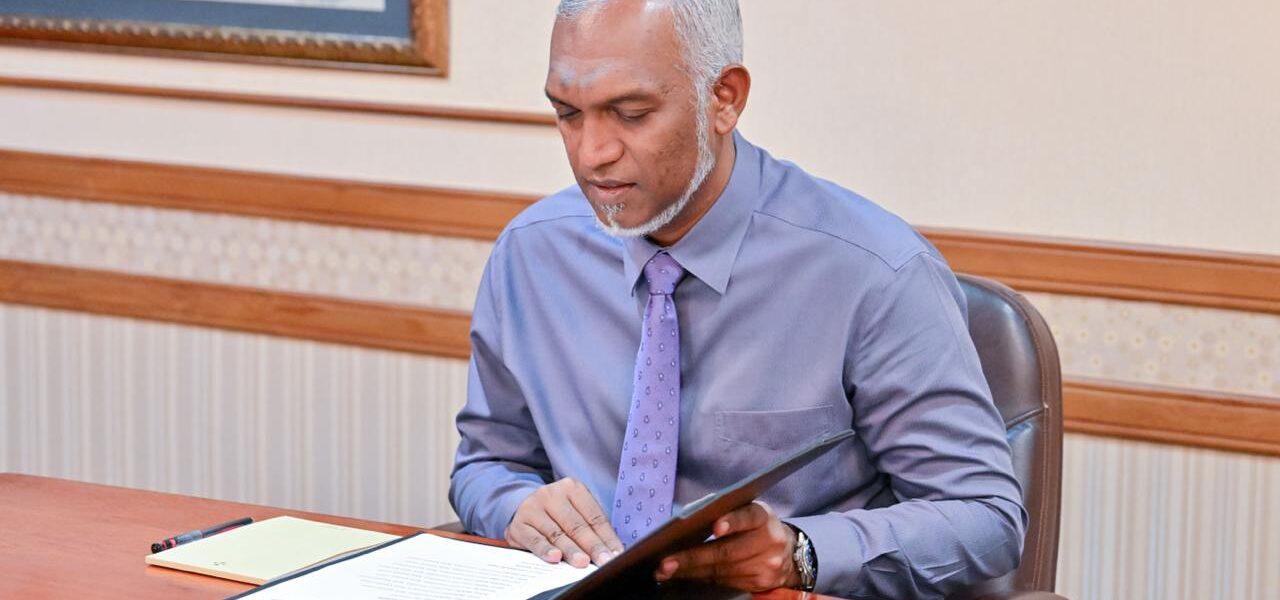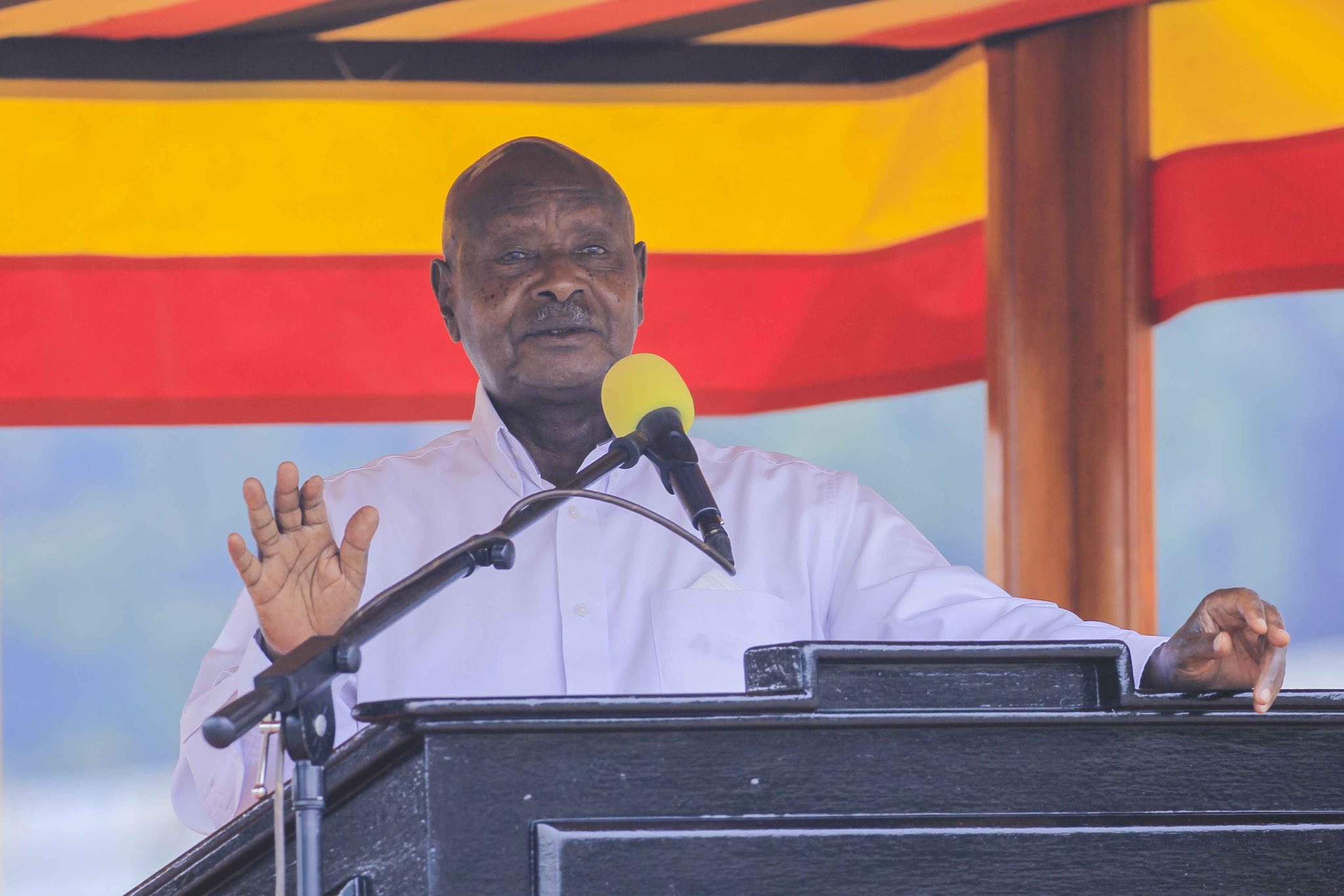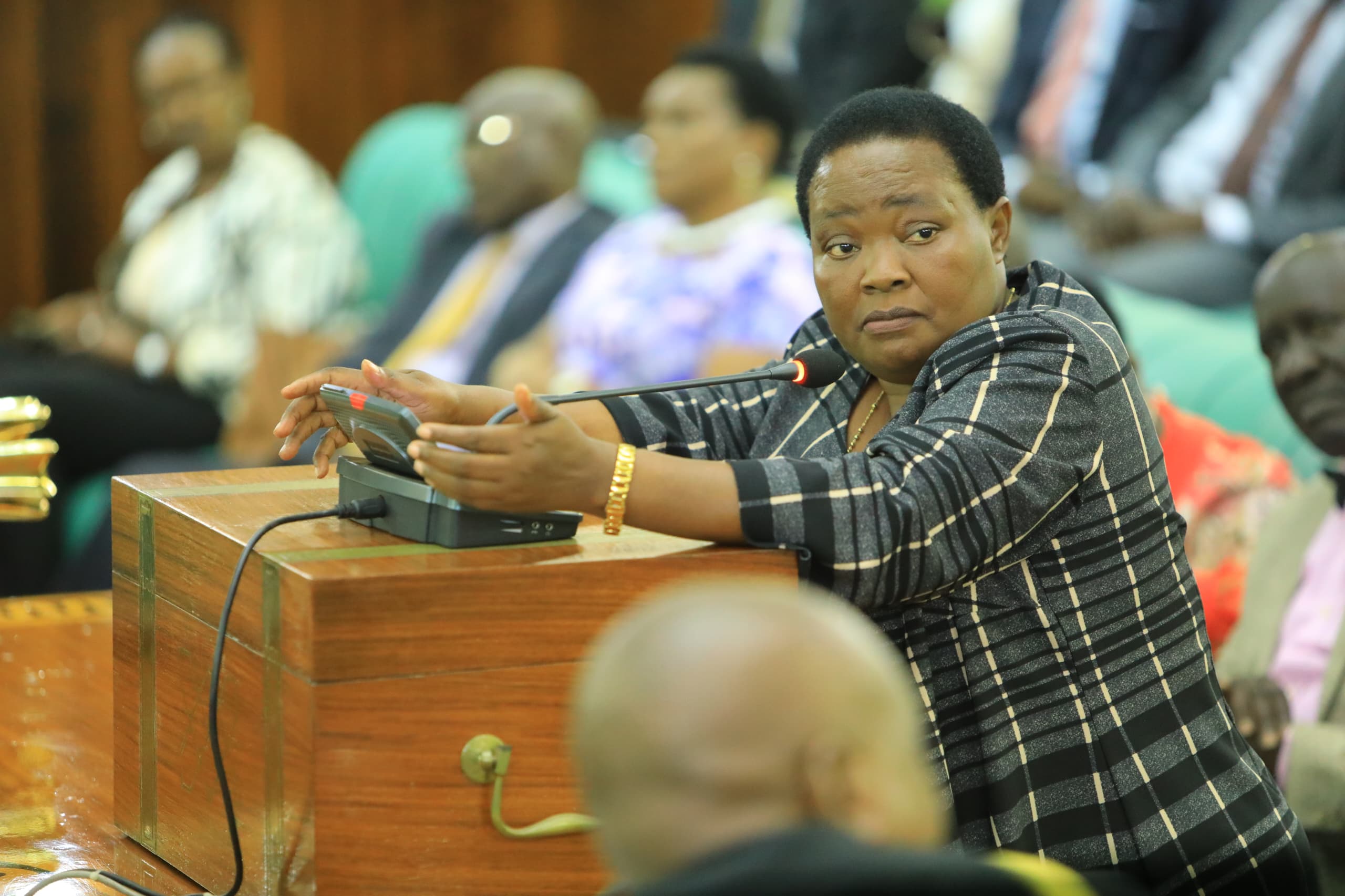Maldives President Mohamed Muizzu Set to Visit India: A Diplomatic Reset After Anti-India Campaign
Relations between India and the Maldives have taken a sharp turn in recent months, following an anti-India stance led by Maldivian President Mohamed Muizzu. Elected in November 2022, Muizzu came to power with the controversial “India Out” campaign. His administration initially sought to reduce India’s influence in the Maldives, a move that strained ties between the two nations.
However, less than a year later, it appears Muizzu is now seeking to reset relations. The Maldivian government has confirmed that the president is preparing for an official visit to India, with dates likely to be finalized soon. This diplomatic shift highlights a significant change in the Maldives’ approach toward India, its largest regional partner.
Ministerial Resignations Ahead of Muizzu’s Visit
Interestingly, the announcement of Muizzu’s upcoming visit coincided with the resignation of two key officials in the Maldivian government—Malcha Sharif and Mariam Shuna, both deputy ministers in the youth ministry. The timing is significant, given that these officials were involved in a major diplomatic spat earlier this year.
In January 2023, Sharif and Shuna made derogatory comments about Indian Prime Minister Narendra Modi during his visit to Lakshadweep, where he was promoting the islands as a tourist destination. Their remarks sparked outrage across India, leading to a campaign urging tourists to boycott the Maldives—a serious blow, as India is a key market for Maldivian tourism.
The immediate backlash forced the Maldivian government to suspend the ministers, but their recent resignation marks a further step towards mending relations. Although they cited “personal reasons” for stepping down, the timing—just ahead of Muizzu’s visit to India—suggests that these actions were part of a broader diplomatic effort to ease tensions.
A third official involved in the controversy, Abdullah Majid, remains in office, though his position may now be under scrutiny.
India’s Strategic Patience Pays Off
President Muizzu’s upcoming visit to India is a sign that New Delhi’s patient diplomacy has worked. Despite the anti-India rhetoric, India remained committed to supporting the Maldives, particularly through its involvement in the Thila-Male Bridge Project—a $500 million infrastructure initiative funded by India. The project, a crucial connectivity link for the Maldives, is scheduled for completion by 2026 and has continued even as political relations between the two nations soured.
India’s continued investment in the Maldives, particularly in infrastructure and defense, appears to have played a key role in Muizzu’s changing stance. By keeping its focus on long-term strategic and economic ties, India has underscored its role as a dependable partner.
Defense Cooperation Strengthens
Another notable development this week was the Fifth Maldives-India Defense Cooperation Dialogue, where the two countries agreed to enhance military and defense cooperation. This is a significant shift from Muizzu’s earlier position when he called for the expulsion of Indian troops stationed in the Maldives. In May 2023, his government took steps to remove Indian military personnel, claiming they were unnecessary, despite their role in humanitarian efforts like search and rescue missions.
Now, with the renewed defense cooperation talks, it seems that the Maldives recognizes the value of maintaining a strong security relationship with India, particularly given the broader geopolitical dynamics in the Indian Ocean.
Diplomatic Win for India
For India, this shift in Maldives-India relations represents a significant diplomatic victory. President Muizzu’s decision to visit India and the resignation of the ministers who insulted Modi underscore India’s ability to influence and manage regional relations through a combination of economic leverage and strategic patience.
The Thila-Male Bridge Project, along with sustained defense cooperation, has shown that India is a committed partner to the Maldives. The success of this diplomatic outreach also highlights the effectiveness of India’s Neighborhood First Policy, which prioritizes close ties and cooperation with neighboring countries, even in challenging political environments.
What This Means for India-Maldives Relations
As President Muizzu prepares to visit New Delhi, it’s clear that the “India Out” campaign has not delivered the results his administration anticipated. Instead, the Maldives’ heavy reliance on India for both tourism and infrastructure development has pushed the country towards a diplomatic reset. Muizzu’s visit will likely focus on rebuilding economic, defense, and strategic ties, ensuring that the Maldives maintains its critical partnership with India.
India’s patient and pragmatic approach to handling the Maldives offers a valuable lesson in diplomacy. Rather than reacting to political provocations, New Delhi chose to focus on long-term economic and strategic partnerships, allowing its actions to speak louder than words. The upcoming visit by Muizzu marks the beginning of a new chapter in Maldives-India relations, one that could strengthen ties between the two nations moving forward






